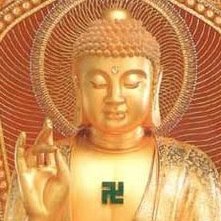Sign in to follow this
Followers
0

The Essenes, The Dead Sea Scrolls, and Christianity
By
Immortal4life, in General Discussion

By
Immortal4life, in General Discussion